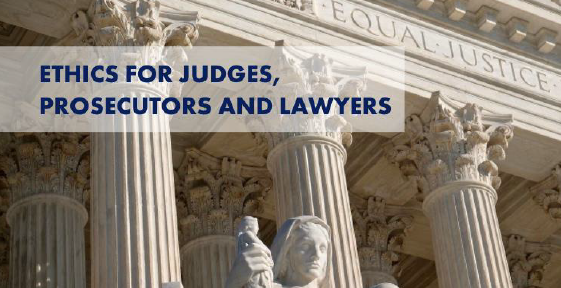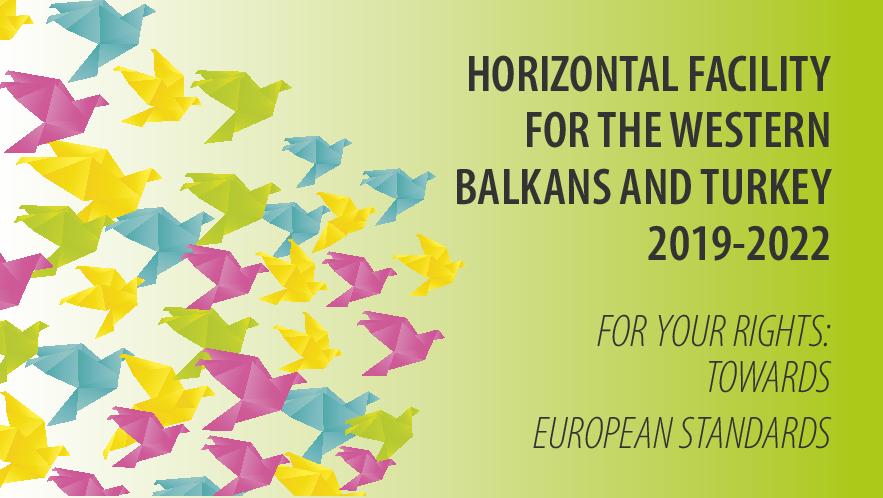Nineteen judges, prosecutors and lawyers from across Montenegro have completed a specialised training course aimed at strengthening the application of European judicial ethics standards, including the emerging critical challenges posed by artificial intelligence.
The training was organised under the action “Strengthening accountability of the judicial system and enhancing protection of victims' rights in Montenegro”, which is part of the joint European Union and the Council of Europe programme Horizontal Facility for the Western Balkans and Türkiye, and the Council of Europe’s HELP (Human Rights Education for Legal Professionals) programme.
The HELP online course Ethics for judges, prosecutors and lawyers, which focused on strengthening knowledge and practical skills in applying European standards, brought together a diverse group of 19 legal professionals from across the country. Through interactive modules, case-based discussions and expert-led sessions, participants engaged with key topics including challenges related to conflicts of interest, undue influence, and appropriate conduct both in and outside the courtroom. Particular ethical dilemmas were raised regarding the use of AI tools and ethical standards on these matters.
The course underscored the importance of continuous professional development in fostering a judiciary that upholds international standards, equipping legal professionals with practical tools to better apply the European Convention on Human Rights (ECHR) and relevant case law in their daily work. Key areas covered included procedural safeguards, anti-discrimination, gender equality, and the right to a fair trial. As a direct outcome, participants demonstrated improved their understanding and reasoning on ethical issues.


